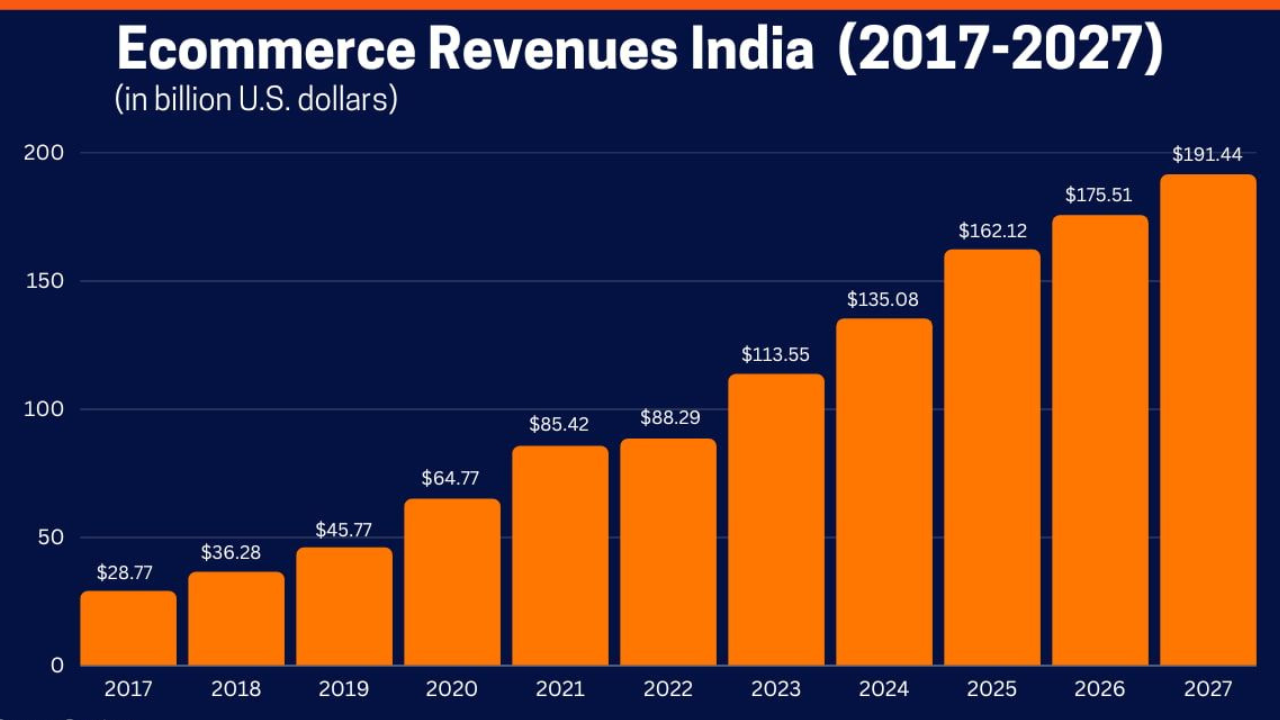
The rise of e-commerce has revolutionized the way businesses operate and consumers shop. In today's economy, e-commerce plays a significant role, driving growth, innovation, and accessibility. This blog explores the impact of e-commerce on various industries and examines the key factors contributing to its success.
Convenience and Accessibility: One of the primary drivers of e-commerce growth is the convenience it offers to consumers. With online shopping, customers can browse and purchase products from the comfort of their homes, eliminating the need to visit physical stores. This accessibility has expanded the reach of businesses, allowing them to cater to a global audience.
Global Market Expansion: E-commerce has facilitated the expansion of businesses beyond geographical boundaries. With an online presence, companies can reach customers worldwide, breaking down traditional barriers to entry into new markets. This global reach opens up opportunities for growth and revenue diversification.
Technology and Innovation: Advances in technology have fueled the growth of e-commerce by enabling seamless transactions, personalized shopping experiences, and efficient supply chain management. From AI-powered recommendation engines to mobile payment solutions, technology continues to drive innovation in the e-commerce space, enhancing the customer experience and driving sales.
Consumer Behavior Shift: Changing consumer preferences and behaviors have also contributed to the rise of e-commerce. The increasing use of smartphones, coupled with fast and reliable internet connectivity, has made online shopping more accessible and convenient. Additionally, the COVID-19 pandemic accelerated the adoption of e-commerce as consumers sought safer alternatives to in-person shopping.
Challenges and Opportunities: While e-commerce offers numerous benefits, it also presents challenges such as cybersecurity risks, logistical complexities, and competition from established players. However, businesses that embrace e-commerce can leverage its potential to streamline operations, reach new customers, and stay competitive in today's digital economy.
As e-commerce continues to evolve, businesses must adapt to stay relevant and capitalize on emerging trends. By understanding the impact of e-commerce on today's economy and embracing digital transformation, companies can position themselves for long-term success in an increasingly interconnected world.